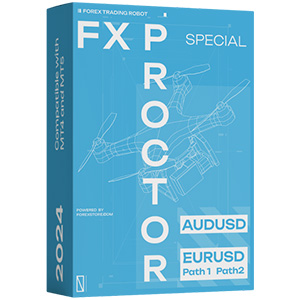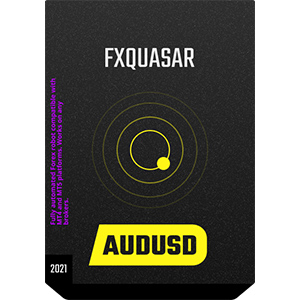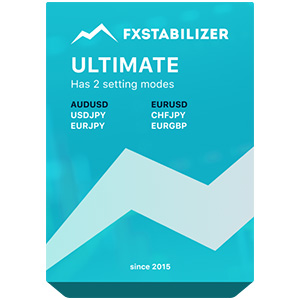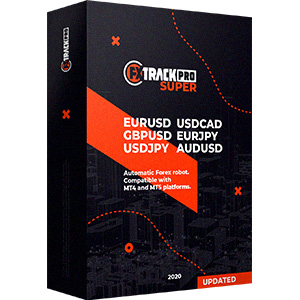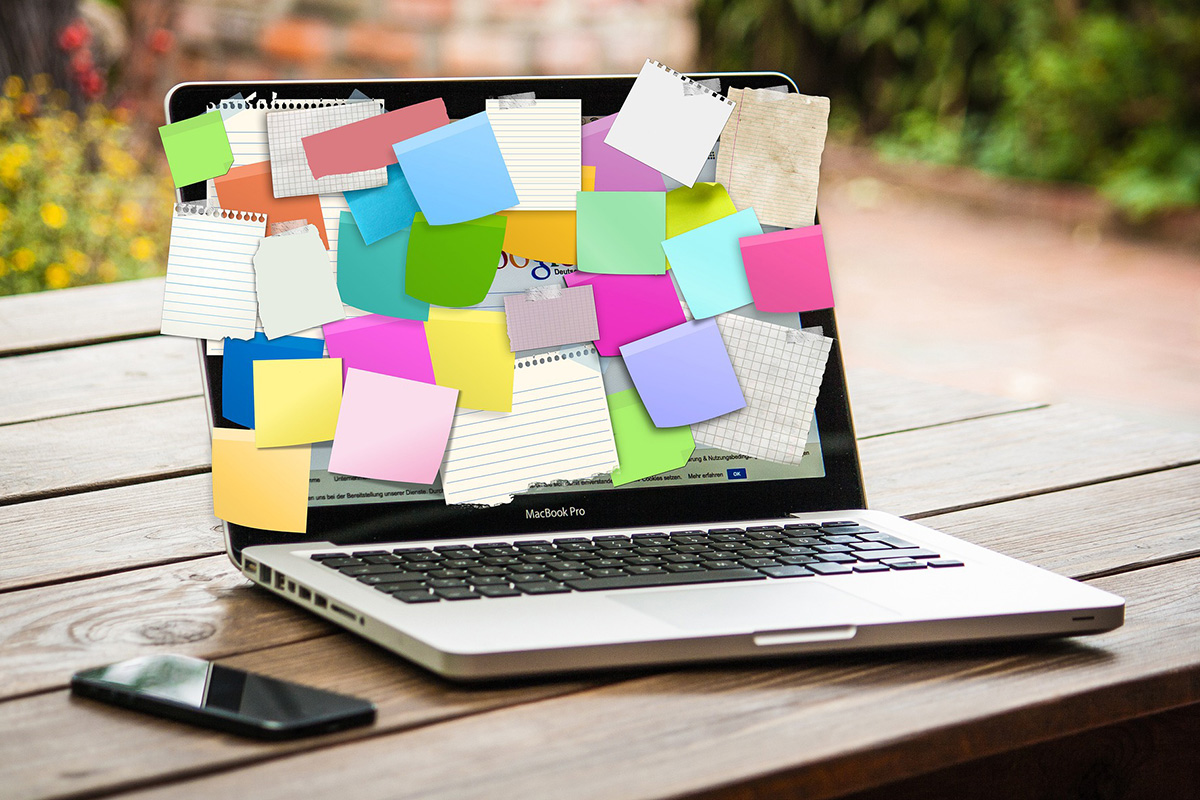
It is often difficult for novice traders to navigate the market. There are a lot of unfamiliar terms in chat rooms; experienced users are not prone to giving sound advice, and ridiculous rates drain huge money.
Let us assume that you have already taken the first step. Namely, you have understood the difference between a trader and an investor and chosen the assets and the time interval you are interested in (short-term or long-term). Today, we will tell you how to be a successful Forex trader and what trading tips may be suitable for your goals.
Let us discuss 10 Forex trading tips for beginners, which will help you trade more profitably.
It will take you a long time to succeed in trading
The first Forex advice is to keep in mind that the road to success in currency and cryptocurrency trading can be long. This has been declared more than once, but many novice users somehow forget it. Trading is a career, not a get-rich-quick scheme. You need to realize that it can take anywhere from one to three years to become a successful trader. If you are not ready to study for at least one year, you should not even start.
How to trade Forex successfully: start small
If you have already learned the basics of trading and can successfully trade in a demo version, it is time to open a real account. How much should you pour in? Some experts argue that the amount should be large enough so that the risk ratio for each transaction does not exceed 1% and you can afford stop losses suitable for different trading styles.
Actually, you can start trading with as little as $100 if your broker allows nano lots and you give preference to day trading, scalping, or swing trading. However, you will need $300-400 to position trade with the same broker. Your basic formula will be the following:
your desired stop loss × the pip value × 100 / the percentage of your deposit you agree to risk per trade.
Forex tips: set goals
The tendency to overtrade is a common problem among novice users who do not have enough experience.
If you set clear profit targets for yourself, when you reach them, you can relax and leave trading until the end of the following week. It will also help you relieve psychological tension. When you have a clear plan, it will be easier for you to stay disciplined.
Keep a trading journal
Keeping a journal of your activities will allow you to track your mistakes and learn from them. In addition, with the help of such a journal, you will be able to see the shortcomings of your strategy and understand which tips for trading turned out to be useless.
Analyze which patterns and entry points have been the most unsuccessful for you and eliminate them from your trade.

Plan your week
Planning your week will be extremely beneficial to your results, but unfortunately, many traders do not do this. However, you can avail of the following Forex tricks:
- You can conduct your analysis for the upcoming week over the weekend to be prepared when the market reopens. You will need only around 30-40 minutes for this.
- You can record the release time of important news that should happen next week. This will save you from entering the market at the wrong time.
- You can also view each currency pair and analyze the price behavior. Pay attention to the weekly timeframe and also check the completed levels.
These simple tips for trading Forex will prepare you for the upcoming week and help you avoid mistakes.
Trade on the daily timeframe
We talk about this all the time and believe that the daytime timeframe is the best for trading, and this is one of the important currency trading tips.
It is okay if you disagree with this statement. Everyone should find a suitable timeframe for themselves, which can vary from daily to 1-minute. However, for us, the shift to the daytime timeframe had the biggest positive impact on trading results. Nothing else even comes close in terms of effectiveness.
Dedicate a month to day trading and see what will happen to your results.
Trade less often
What does it mean to trade less often? The answer depends on many factors, including the number of currency pairs you trade, the timeframe you choose, and your trading style.
However, if you trade on daily charts and use price action, we can give you some tips:
- We track 40 currency and crypto pairs. This gives us an average of 8 to 14 trading setups per month. Therefore, there are about 2 or 4 entry points every week.
- Our deals last from a few days to a few weeks. Thus, even if we do not open new deals, chances are that we have open deals at this time.
Count the number of transactions you make in a month. You might be surprised how often you trade.

Use support and resistance levels
All novice traders know about the levels, but only a few use them properly. We believe that all traders are required to place support and resistance levels on their charts. No matter what trading strategy or system you work with, the levels are vital, even if you use robots.
They indicate where exactly the price is likely to reverse or whether it will continue its movement. Traders are always looking to get an idea of what the price will do in the future. Support and resistance levels give us this insight.
Since they will give you an understanding of the current market situation, placing the levels on the chart is among our crucial Forex trading recommendations.
Forex tips and tricks: be flexible
It is very important for a trader to be able to adapt to market conditions because they often change, and these changes can be both unexpected and big.
If you have a strategy, you should never follow it blindly. The financial market is very volatile, and you need to remain flexible to successfully operate in it. When something unexpected happens in the market, you need to be able to analyze the current situation and make decisions quickly.
Think through entries and exits in advance
Have you ever opened a trade just because you wanted to do it? Many beginners do exactly that thing. They make deals because they believe they should establish their presence in the market all the time. Instead of waiting for a good signal, they open many positions, most of which bring only losses.
This method is dangerous and could cost you your deposit. Therefore, before entering into a deal, ask yourself:
- Why am I opening this deal?
- Is my strategy really telling me to enter at this point?
Never open a deal if you are not completely sure about it.
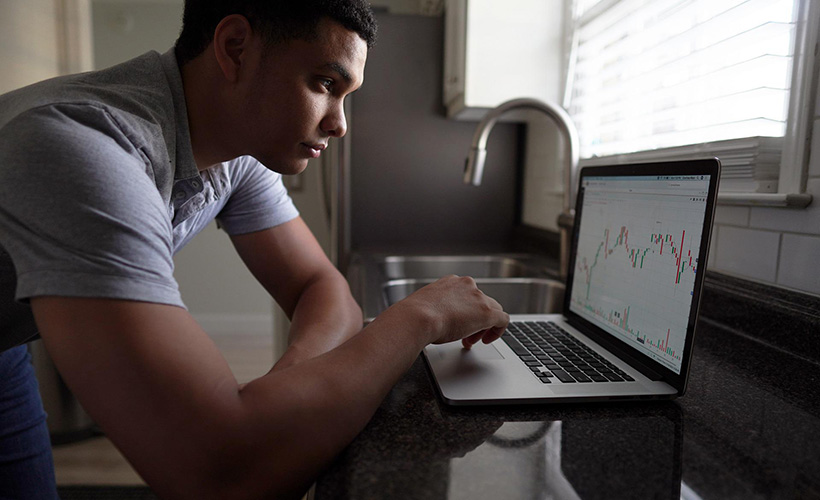
Control your emotions
Professional traders know how to control their emotions, unlike beginners. The more time you trade, the better you will be at controlling yourself. The psychology of trading is not easy to master, and at first, your emotions will greatly interfere with your self-control.
One of the most destructive emotions you will encounter is fear. If you trade with a large deposit, you will be constantly afraid of losing the money. Imagine that you can lose as little as $1 on one failed deal. In this case, you wouldn't be too scared, right? Well, what if your risk per trade was $1,000?
That’s where our Forex trading advice originates from — to start operating with a comfortable amount of money. You should learn to cope with emotions and develop your psychological resistance first. Over time, you may add more funds to your account. If you start with a small amount, it will give you the opportunity and time to work on your trading psychology.
The bottom line
By following the above-mentioned tips from experienced traders, you will quickly see an improvement in the results of your work in the currency market. Now you can confidently start real trading by opening a Forex account and creating your own strategy.
Remember that there is no one proven way towards success in this area. Sometimes profits are related to experience and knowledge, and sometimes — to pure luck and emotional decisions. That is why trading is often referred to as a kind of art, and that is the reason why everyone needs a lot of time to master it and develop needed personal secrets, tricks, and tips.


